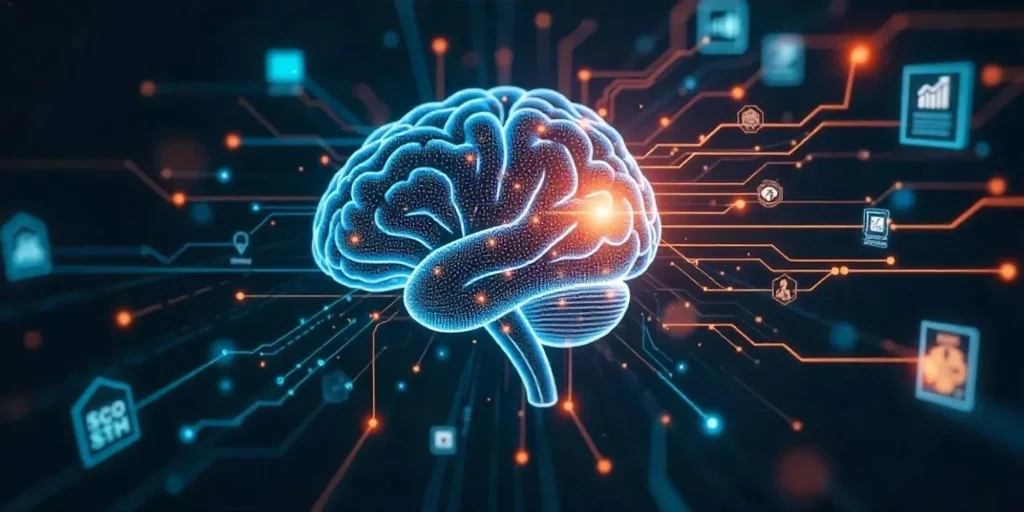
Artificial Intelligence (AI) is no longer a futuristic concept confined to science fiction. It is now deeply embedded in our daily routines, often in ways we may not even realize. From the smartphones we use to the way we shop, drive, and access healthcare, AI is transforming how we live and interact with the world around us.
This article explores the real-world applications of Tech AI in everyday life, examines its benefits and drawbacks, and looks ahead to future developments.
Real-World Applications of AI
1. Smartphones and Personal Assistants
AI powers many features of modern smartphones. Virtual assistants like Siri, Google Assistant, and Alexa use natural language processing (NLP) and machine learning to understand commands, schedule reminders, answer questions, and control smart home devices. AI also enhances features like facial recognition, predictive text, and camera optimization.
2. Healthcare
In the medical field, AI is being used for diagnostics, personalized treatment plans, and predictive analytics. For example, AI algorithms can analyze medical images to detect diseases like cancer with high accuracy. AI also helps manage electronic health records and predict patient deterioration in hospitals.
3. Transportation and Autonomous Vehicles
Self-driving cars are one of the most visible applications of AI. Companies like Tesla, Waymo, and others are developing autonomous systems that use AI to interpret sensor data, detect objects, and make driving decisions. AI also plays a role in traffic prediction, route optimization, and ride-sharing platforms.
4. Retail and E-commerce
AI enhances the customer experience through personalized recommendations, chatbots, and automated customer service. It helps businesses analyze purchasing patterns, forecast demand, and manage inventory efficiently.
5. Content Creation and Media
AI tools are now capable of generating written content, music, and even artwork. Platforms like ChatGPT assist with writing, while other tools help create videos, design graphics, or compose music. AI is also used in video streaming services like Netflix for content recommendations based on user behavior.
Advantages of AI in Daily Life
- Efficiency: Automates repetitive tasks, saving time and effort.
- Accuracy: Reduces human error in data processing and analysis.
- Personalization: Offers tailored experiences based on user preferences.
- Accessibility: Improves services for people with disabilities, such as voice-to-text and real-time translation.
Challenges and Concerns
- Privacy: AI often relies on large amounts of personal data, raising concerns about data security and surveillance.
- Job Displacement: Automation could replace certain jobs, especially in sectors like manufacturing and customer service.
- Bias and Fairness: AI systems can reflect or even amplify existing biases in data, leading to unfair outcomes.
- Dependence on Technology: Overreliance on AI may reduce critical thinking or human oversight in important decisions.
Future Trends in AI
- Explainable AI: More transparent algorithms that allow users to understand how decisions are made.
- AI in Education: Customized learning paths and intelligent tutoring systems.
- AI in Environmental Solutions: Tools to monitor climate change, manage energy use, and support conservation efforts.
- Human-AI Collaboration: Hybrid models where AI supports human decision-making rather than replacing it.
Conclusion
Artificial Intelligence is rapidly becoming an integral part of modern life, offering significant improvements in convenience, productivity, and personalization. However, its widespread adoption also brings challenges that require thoughtful regulation, ethical considerations, and human oversight.
As technology continues to evolve, striking the right balance between innovation and responsibility will be key to ensuring AI benefits society as a whole.





